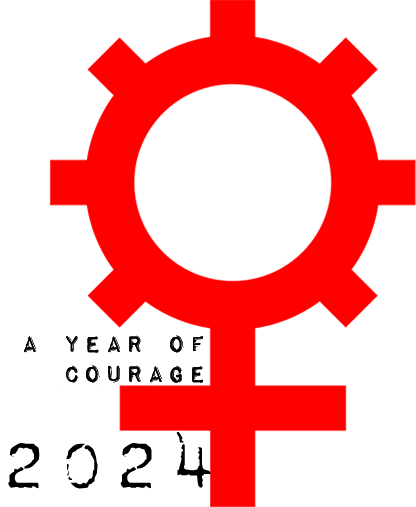Of Abandonment and Reductionism
I’ve been meditating extensively upon ‘Abandonment’ lately, both in the idea’s physical and emotional senses. In my meditations, I’ve been focused more on male relationships, as I’ve seen and experienced the concept of the connection be reduced to an expendable commodity, and it confuses me. I was having a meaningful conversation with someone. While trying to illustrate my embarrassment for having missed something now seemingly obvious, I uttered the phrase, “I missed the forest for the trees.” I’ve been thinking about that idiom since I said it; a forest is more than merely a collection of trees.
A forest is an entire biosphere. A forest is the birds, mammals, insects, and other creatures. A forest is the bushes and other smaller plants. A forest is the waters and the continuous cycles of life. A forest is a living memory, ever-changing but still maintaining the core of itself. When we think about a forest, we often think about trees, and they are the predominant feature, but we stop there. We reduce a complex ecosystem down to one part of it and call it a day. When I reflect on my experiences with Men, and abandonment, reductionism plays a significant role.
I listen to Men talk about sports. I listen to them rattle off stats, and for many fans, the debates end at numerical entries. Any intangibles about someone’s career, such as leadership skills, locker-room presence, team-play, chemistry, and other hard-to-define attributes, go out the window. These reductionist conversations get boiled down to pure math; people are dehumanized and are reduced to statistics. I was speaking recently about my military history, a topic that is both difficult to talk about and remember with clarity. Afterward, I looked through some of my award paperwork and saw that my entire war effort was reduced to a bullet point on an award block. I remembered when we got home; we were greeted immediately by a speech that informed us, “No awards for anyone, we did what we were trained to do.” I certainly didn’t sign up for awards, but looking back on it now, everything that officially and unofficially happened was just reduced to a couple of sentences on a piece of paper, and I was sent on my way.
Relationships, like forests, are complex and living entities. I think of how my experiences generally fall into two categories. The first category is the men who see their forest as an off-limits zone and will do their best not to allow anyone to explore. Instead of nurturing what could be a vibrant area, they feel they need to hide from the world, and all we can see are the outermost layer of woodline. The second category is the men who see other forests as a pile of resources to consume and will do so with little thought for long-term sustainability. These men care only about what benefits them and will take without reciprocity.
In both categories, abandonment is the likely outcome of any potential relationship. One doesn’t sincerely want you around to begin with, and the other will leave when they have taken all they can. I think about how often I’ve experienced this, and I become saddened. Relationships are two-way streets. It is to be expected that maybe they need to borrow some of your resources here and there. If they also help replenish them, and theirs are available for your use when you need them, things are likely fine.
I think of how can someone push continuously push everyone away? How can someone take and take without thought of giving back? “You miss the trees for the forest.” Their conquest of accomplishing their agenda reduces us down to dehumanized concepts easy to dismiss or ignore. We are people, not statistics to be debated or bullet points to be rendered. We are not automatically threats because someone else might have been, nor are we merely a means to an end. It is regrettable how many lonely men I listen to who aren’t willing to come half-way. Approaching my forest with a shield and a torch is not an excellent way to convince me you mean well.
I have little tolerance for dehumanization. The destruction it brings needs little elaboration from me. Whether we look at macro scales, tribalism in all its forms, or micro scales such as only allowing oneself to have transactional relationships, dehumanization is all around us. I’ve spent so long trying to make real human connections that I now have to learn how to be better at relating without attaching. One of Buddhism’s significant lessons is ‘Attachment is the cause of suffering,’ after all. I can be skillful at being validating, present, responsive, but I do not need to take on their problems.
I understand where my habit comes from; for so long, I was only visible if I was useful. “Old habits die hard.” While I’ve become exponentially better at not volunteering for everything, I still have a soft spot for people in pain. I know what it is like to suffer. I wrote many years ago that extended suffering is indicative of solitary suffering. Being alone, I feel, can be the most challenging part, and someone just understanding can be enough to get you through. We are social creatures, and we don’t always need help getting up, just a reason to do it. I don’t have answers for the men who would rather dehumanize others than be vulnerable themselves and abandon the relationship when otherwise threatened, but I hope to someday. Exploring lush forests is more fun with company.
